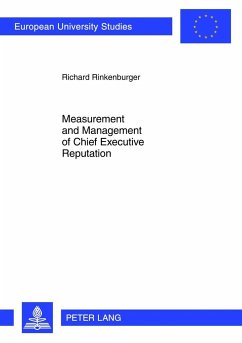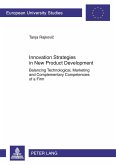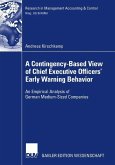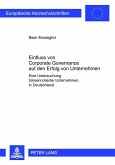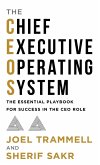Whereas the importance of CEO reputation has increased over the last years, only very little scientific research has been conducted. This thesis addresses the vagueness of past conceptualizations by providing a well-founded theoretical background, the development of a reliable and valid measurement model of CEO reputation as well as the validation of identified relations to its antecedents and consequences. An empirical online study was conducted among students of the university in Munich to validate the CEO reputation model. Using PLS path modeling, the analysis provides evidence for the impact of CEO reputation on several outcome variables (e.g., corporate reputation) and confirms different influences of the identified antecedents on CEO reputation. Thereby, practitioners can get valuable implications for the management of chief executives' reputations.
Bitte wählen Sie Ihr Anliegen aus.
Rechnungen
Retourenschein anfordern
Bestellstatus
Storno

